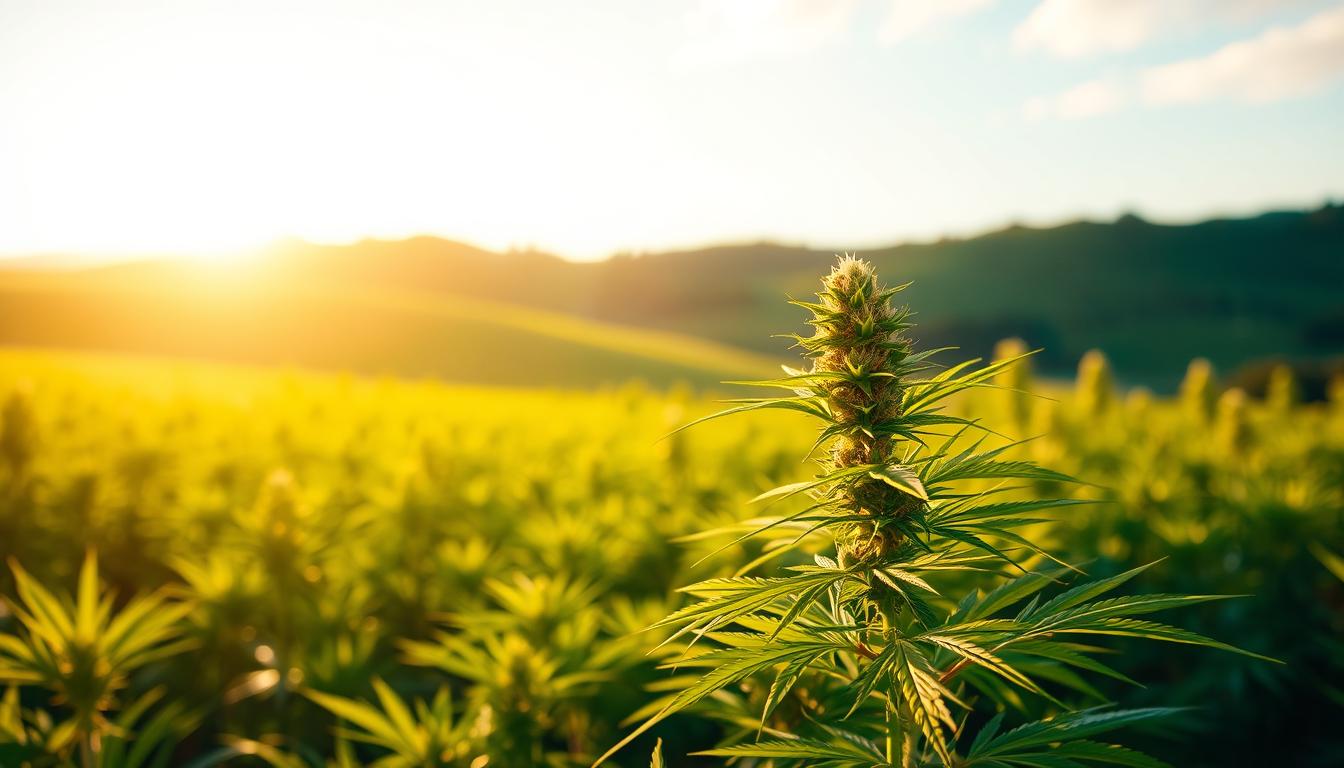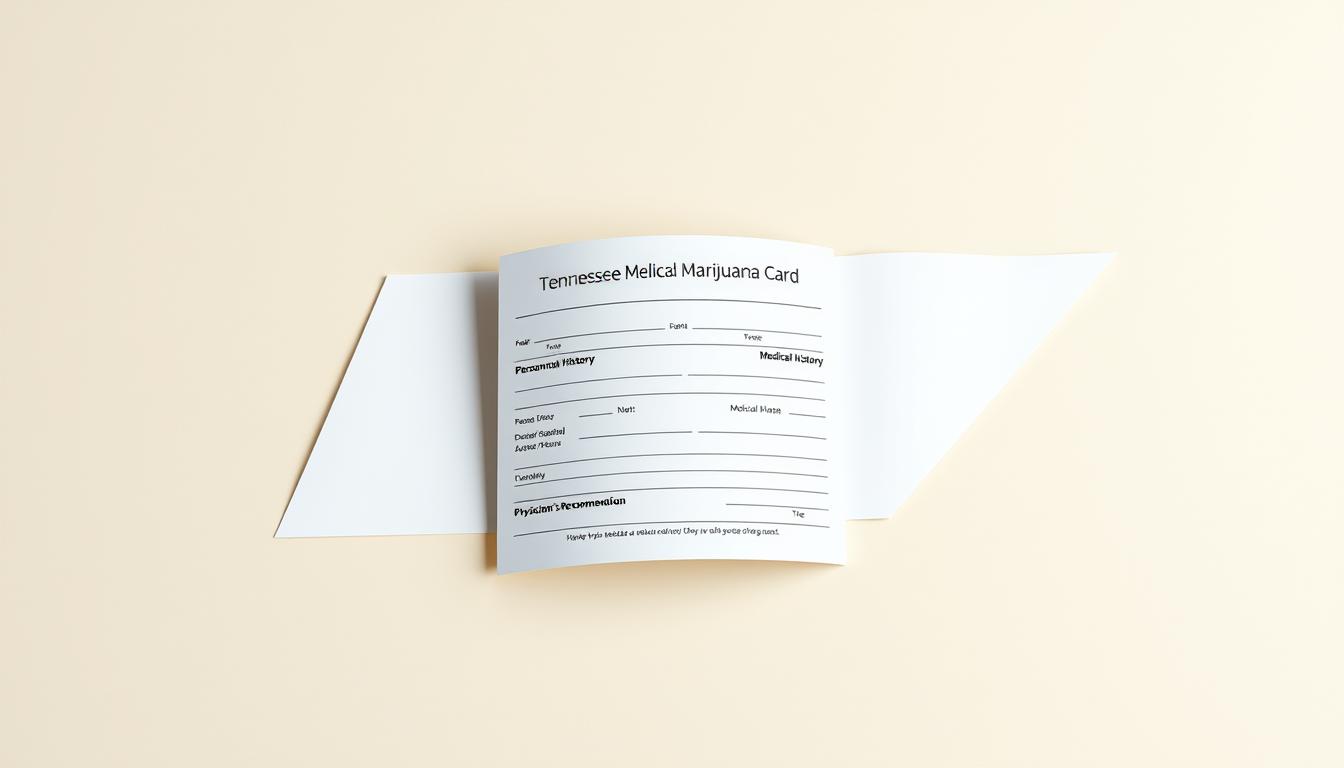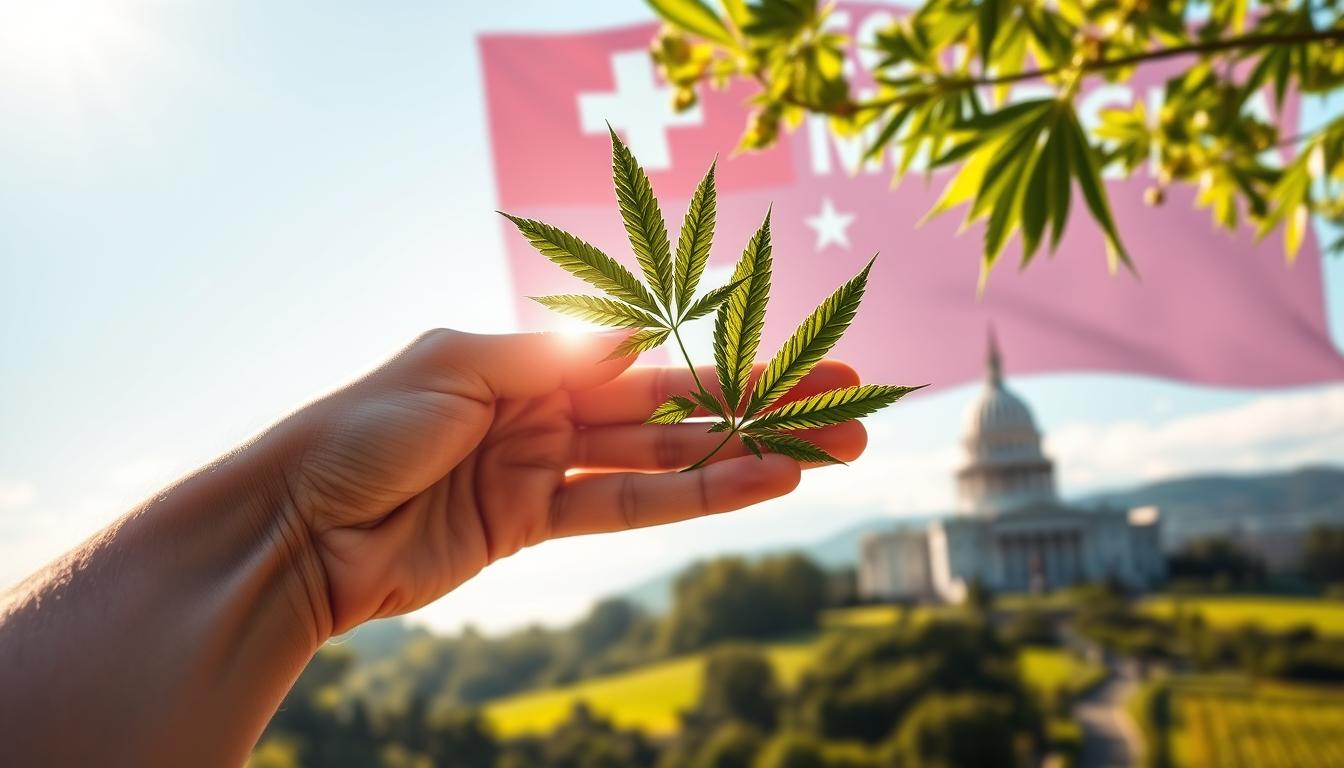The debate over cannabis legalization is growing in the U.S. Many states are looking at changing their laws on recreational marijuana. In North Carolina, people are talking about this a lot. It shows a national shift towards thinking differently about cannabis laws.
In North Carolina, recreational marijuana is not legal yet. But, there are big efforts to make it legal. It’s important to know the current laws and the reasons for and against legalization.
The conversation around cannabis legalization is changing. It’s key to keep up with the latest news. This article will give you a detailed look at the situation in North Carolina. We’ll explore what might happen with cannabis legalization in the future.
Current Legal Status of Recreational Marijuana in North Carolina
Recreational marijuana is illegal in North Carolina. But, there are efforts to change this. The state’s laws are strict, making it a controlled substance. It’s important for everyone to understand these laws.
Brief Overview of Current Laws
In North Carolina, marijuana is a Class 6 substance. This means it’s illegal to have, use, grow, or sell it. Breaking these laws can lead to big fines and jail time. The laws show the state’s conservative view on marijuana.
Comparison with Neighboring States
North Carolina’s neighbors have different marijuana laws. For example:
- Virginia has made recreational marijuana legal. Adults can have a certain amount.
- Tennessee has laws against marijuana, just like North Carolina.
- South Carolina also has strict marijuana laws. There’s no legal use for fun.
Recent Legislative Efforts
Even with strict laws, there are new bills to make marijuana legal. These bills show a growing public debate. The outcome is not sure, but it’s a big step towards change.
Recent efforts include:
- Introducing bills to make marijuana legal for fun.
- Public talks on the good and bad sides of it.
- More people from both parties supporting marijuana reform.
Potential Economic Impact of Legalization
Legalizing recreational marijuana in North Carolina could greatly boost the economy. It would create jobs and bring in more money. Looking at the possible economic gains is key.
Job Creation and Revenue Generation
The cannabis industry has shown it can create a lot of jobs and money. For example, opening cannabis dispensaries not only hires people but also brings in taxes. Studies show states with legal pot see more jobs in growing, selling, and supporting the industry.
Jobs in the cannabis field range from farm workers to store clerks and security. This variety helps strengthen the local economy.
Effects on Local Businesses
Legalizing pot can affect local businesses in different ways. Some might see more customers and sales. But others might struggle to keep up with new rules.
- Some businesses could start new ventures in the cannabis field.
- Others might face tough competition and need to follow weed regulations.
Tourism and the Cannabis Industry
Legal pot can also boost tourism, as cannabis tourism grows. This can bring more money to local areas through tourism.
Here’s how tourism might change:
- More people visiting pot-related spots and events.
- New services for pot tourists, like hotels and travel guides.
In summary, legalizing pot in North Carolina could have big economic benefits. It could lead to more jobs, money, and tourism. As the state considers this, understanding these benefits is vital.
Medical Marijuana vs. Recreational Use
As cannabis laws change, it’s key to know the difference between medical and recreational use. The rules, benefits, and views on these uses are quite different.
Differences in Legislation
Medical marijuana laws are strict. They allow its use for health reasons, needing a doctor’s approval. Recreational marijuana laws are more relaxed. They let adults buy and use it without a health reason.
North Carolina’s laws allow medical marijuana under certain conditions. But, recreational use is illegal. It’s important for patients and lawmakers to understand these laws.
Benefits of Medical Marijuana
Medical marijuana helps with pain, reduces inflammation, and treats some health issues. People with chronic pain, epilepsy, and multiple sclerosis see big improvements in their lives.
Research supports the medical benefits of marijuana. It shows promise as a treatment for many health problems.
Public Opinion on Medical Use
Most people like the idea of medical marijuana. They see its benefits for patients and the relief it brings. In North Carolina, many support legalizing medical marijuana.
- Relief for patients with chronic conditions
- Potential reduction in opioid use
- Growing public support
This positive view is important. It helps shape laws and acceptance of medical marijuana.
Health Risks and Benefits of Recreational Marijuana
The health effects of recreational marijuana are complex. As more people use it, knowing its impact on health is important.
Understanding the Effects on Health
Recreational marijuana affects people differently. Some find relief from pain or anxiety. But, others may face adverse effects like memory loss and a faster heart rate.
The Substance Abuse and Mental Health Services warn about its risks. This is true for teens and pregnant women.
- Potential benefits include pain relief and less anxiety.
- Possible downsides include memory loss, mood changes, and a faster heart rate.
Long-term vs. Short-term Use
It’s important to know the difference between short-term and long-term use. Short-term use can cause temporary effects like mood changes. But, long-term use can lead to serious issues like addiction and mental health problems.
“Long-term cannabis use has been linked to an increased risk of psychotic disorders in some individuals, particularlly those with a predisposition to such conditions.”
Resources for Responsible Consumption
If you choose to use recreational marijuana, finding reliable information and resources is key. This means knowing the marijuana laws in your area and the cannabis industry’s standards for safety.
By being informed and using marijuana responsibly, you can reduce health risks. As laws change, staying educated and researching will help you understand marijuana’s health effects.
Social Equity and Justice Concerns
North Carolina is thinking about making recreational marijuana legal. It’s important to talk about the social equity and justice issues. These issues have hit some communities hard. The history of banning cannabis has led to more arrests and jail time for people of color.
Impact on Communities of Color
Communities of color have been disproportionately affected by marijuana laws. They face higher arrest and jail rates. Legalizing marijuana could help fix these problems with social equity programs.
These programs aim to make sure those most hurt by the war on drugs get a chance to benefit from the cannabis industry.
Expungement of Criminal Records
Another key part of social equity is expunging criminal records for marijuana crimes. This can help people with past offenses find jobs, homes, and other chances again.
Legislation that automatically clears these records can really help fix the wrongs of the past.
Community Programs and Support
There’s more to social equity than just clearing records. Community programs and support are also key. This includes education and job training to help people get into the cannabis industry.
- Community reinvestment programs
- Workforce development initiatives
- Public health education campaigns
By adding these elements, North Carolina can create a fairer cannabis legalization system.
Regulations Influencing Recreational Marijuana
It’s important to know the rules for recreational marijuana for both users and businesses. As laws change, understanding these rules is key. This includes laws on use, sale, and distribution in North Carolina.
Age Restrictions and Licensing
Age rules are a big part of recreational marijuana laws. In places where it’s legal, you must be 21 to use it. Businesses also need special licenses to grow, process, and sell it. Licensing makes sure businesses follow the law and meet standards.
Licenses are needed for each step of the process, from growing to selling. This helps track and control the marijuana. Businesses also have to pay for licenses and renew them, which can be costly.
Possession Limits and Regulations
There are limits on how much marijuana you can have. These limits help stop the sale of marijuana and prevent too much use. They are usually based on weight, for flowers, concentrates, and edibles.
Some laws let people grow a few plants for personal use. But, these rules can be complex. They include rules for tagging plants, security, and inspections.
Distribution and Sales Channels
The way marijuana is sold and distributed is closely watched. Licensed dispensaries are the main places to buy it. They must follow strict rules to keep marijuana safe and legal.
Some places also allow delivery services. This lets people buy marijuana online and have it delivered. But, these services must also follow rules, like checking the buyer’s age.
In summary, if North Carolina legalizes recreational marijuana, there will be many rules. These include age limits, licenses, how much you can have, and how it’s sold. All these rules will shape how recreational marijuana is used and sold.
Consumption Methods for Recreational Marijuana
Recreational marijuana is becoming more accepted. It’s important to know the different ways to use it. Each method offers a unique experience, depending on what you prefer.
Smoking vs. Edibles: Pros and Cons
Smoking marijuana is a traditional way to use it. You inhale smoke from burning cannabis. The effects are quick, which is why many like it.
But, smoking can harm your lungs like tobacco does. It’s not good for your health.
Edibles are a smoke-free option. They come in food form and last longer. But, they can be unpredictable. It’s key to know the dosage and potency to avoid bad reactions.
Vaping and Other Alternatives
Vaping marijuana heats extracts to vapor, which you inhale. It’s seen as safer than smoking because it doesn’t burn. Yet, some vaping products are not safe.
Other options include tinctures, topicals, and concentrates. Tinctures are liquid extracts you can take under your tongue or mix into food. Topicals are creams or balms for skin relief. Concentrates are strong extracts for dabbing or vaping.
Dosage and Potency Considerations
Knowing the dosage and potency of marijuana is key, even for beginners. The effects can vary a lot. It’s best to start with small amounts and increase slowly.
Also, pay attention to the THC and CBD levels in what you use. THC gets you high, while CBD is not psychoactive and has health benefits. Mixing THC and CBD can make your experience better.
Navigating Local Cannabis Culture
North Carolina’s cannabis culture is growing fast. Festivals, dispensaries, and social media are big influences. As more people accept recreational marijuana, the local cannabis community is getting more lively.
Festivals and Events Celebrating Cannabis
Festivals and events are key in shaping the local cannabis culture. They bring people together to share and celebrate cannabis. For example, cannabis festivals have live music, workshops, and booths with cannabis products.
Some notable events include cannabis expos, where experts talk about new trends and products. These events help educate and build a sense of community among attendees.
“Cannabis events have become a cornerstone of the cannabis culture, providing a space for socialization and education.” – A cannabis industry expert.
Local Dispensaries and Retail Experiences
Local dispensaries are the heart of cannabis retail. They offer a wide range of products. From small boutiques to large retailers, they cater to different needs.
The experience at local dispensaries is personal. Staff are ready to help you choose. Many also offer educational resources and workshops to help you understand products and their uses.
Social Media and Cannabis Advocacy Groups
Social media is a powerful tool for cannabis advocacy. It helps groups spread awareness and support their causes. Online platforms are great for discussion, education, and building communities.
Cannabis advocacy groups use social media to share cannabis benefits, promote events, and push for policy changes. They are vital in shaping public opinion and influencing laws.
- Raise awareness about cannabis issues
- Promote cannabis-related events and activities
- Mobilize support for legislative changes
Future of Recreational Marijuana in North Carolina
The future of recreational marijuana in North Carolina is looking promising. This is thanks to changing public views and new laws. Several factors are influencing the direction of recreational marijuana in the state.
Potential Changes in Legislation
North Carolina’s laws on cannabis have changed a lot in recent years. Lawmakers are now looking at bills to make recreational marijuana legal. This move shows they understand its benefits and the jobs it could create.
New laws could mean strict rules for growing, making, and selling cannabis. This includes setting up rules for businesses in the cannabis industry. It could lead to new jobs and opportunities for entrepreneurs.
Predictions from Industry Experts
If North Carolina legalizes recreational marijuana, it could become a big player in the cannabis market. The state’s farms could grow cannabis, thanks to its good climate and farming setup. Also, tourism might increase because of cannabis-related activities.
Experts say that strict rules are essential for legalizing marijuana. This includes rules for who can sell it, how much it costs, and keeping it out of the wrong hands.
Public Sentiment and Growing Acceptance
More people in North Carolina want to make recreational marijuana legal. This change is because of a shift in how people see cannabis and its benefits. The negative views of cannabis are fading away.
As more people support legalization, lawmakers feel the pressure to act. Groups pushing for legalization are working hard to educate everyone. Even some lawmakers are starting to see the light on legalizing marijuana.
Resources for Further Information
If you want to learn more about recreational marijuana in North Carolina, there are many resources. You can find information on cannabis laws and use through different channels.
Government Websites and Local Resources
State and local government websites have lots of info on marijuana laws. They give updates on new laws and help you stay current.
Organizations Advocating for Cannabis
Groups focused on cannabis education and reform are key. They offer insights and support for those interested in the topic.
Educational Materials on Cannabis
There are educational resources for learning about cannabis use. These cover health effects and how to use it responsibly. They help in understanding cannabis better.


